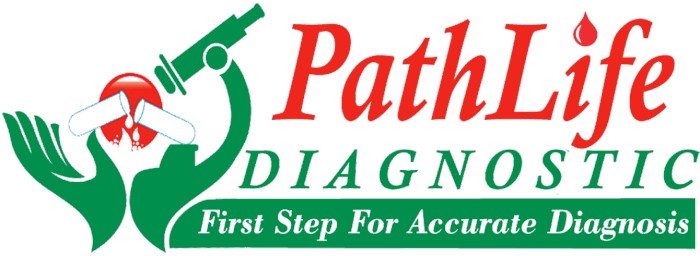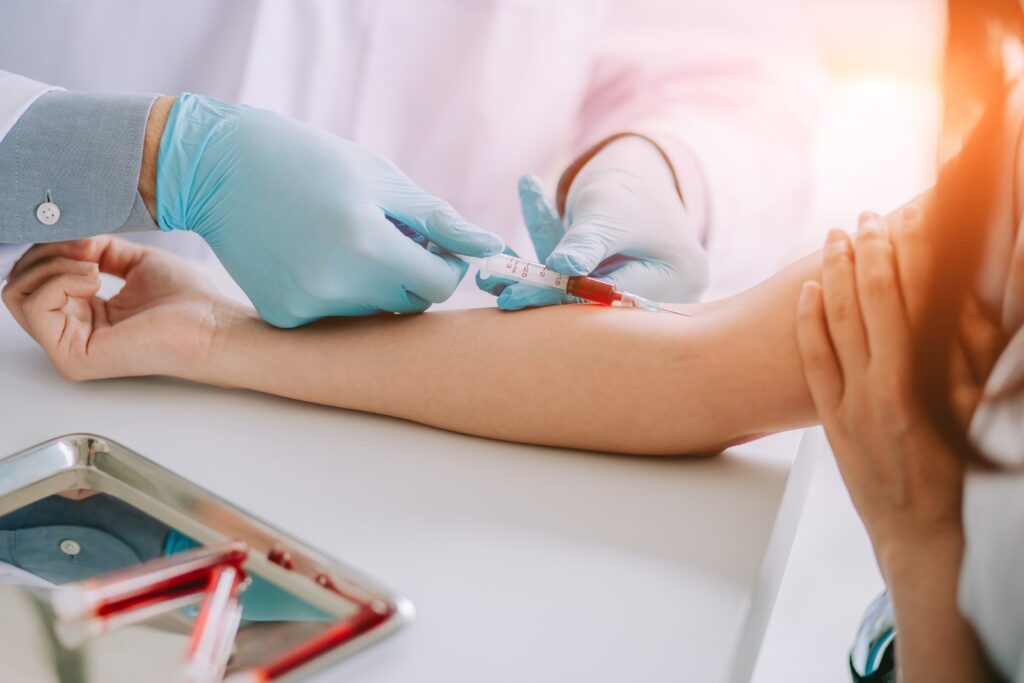Many people hear about thyroid panel tests but wonder why they matter. These tests are vital for checking your thyroid’s health. The thyroid is a small gland in your neck that affects your body’s entire system, like energy and mood.
Thyroid panel tests help detect early signs of thyroid problems. Catching issues early means you can avoid more serious health problems down the line. By understanding these tests, you can better manage your health and make informed decisions. Let’s dive in to learn more about what thyroid panel tests really entail and why they’re important.
What is a Thyroid Panel Test?
A thyroid panel test is like a check-up for your thyroid. It involves a series of blood tests that assess how well your thyroid gland is functioning. Doctors use these tests to spot if your thyroid is overactive or underactive. This is important because thyroid health can impact your metabolism, heart rate, and even weight.
The comprehensive thyroid panel helps pinpoint specific problems if you’re feeling tired, anxious, or gaining weight unexpectedly. This test is like having a map showing what’s going on inside your body, helping doctors decide the best treatments.
Components of a Comprehensive Thyroid Panel
A comprehensive thyroid panel consists of several critical tests that provide a full picture of your thyroid health.
- TSH (Thyroid Stimulating Hormone): This test measures the hormone that tells your thyroid to produce other hormones. If TSH levels are off, it suggests the thyroid isn’t working as it should.
- T4 (Thyroxine): This is one of the main hormones produced by the thyroid. It indicates how much hormone your thyroid is releasing.
- T3 (Triiodothyronine): T3 is another hormone released by the thyroid, giving more details about your thyroid’s activity.
Each part of the comprehensive thyroid panel tells a story about your thyroid’s health. Understanding these tests can empower you to engage in conversations about your wellness.
Understanding TSH Tests
TSH tests are crucial because they evaluate how well your thyroid stimulates your body. TSH levels indicate if the thyroid is producing the right amount of hormones. A normal range varies but is generally between 0.4 to 4.0 milli-international units per liter. Various factors can affect these values like stress or medication, so it’s good to discuss any drastic changes with your doctor. If the results are outside the normal range, it could mean your thyroid is either underactive or overactive.
Explaining T4 Tests
The T4 test is essential because it measures how much thyroxine your thyroid gland is making. T4 levels help determine the thyroid’s direct activity. Factors like medication or stress can affect the T4 levels and their interpretation. When your T4 test results come in, they can show whether your thyroid is exerting too much influence over your body processes or not enough.
Insights into T3 Tests
T3 tests measure the active hormone levels that are circulating in your blood. This test helps check the severity of thyroid dysfunction and verify findings from the TSH and T4 tests. In some cases, even if T4 is normal, T3 can provide additional insights.
Preparing for a Thyroid Panel Test
Getting ready for a thyroid panel test is straightforward. Here are a few simple steps:
- Diet: You don’t usually have to fast, but avoid excessive iodine before your test.
- Medications: Inform your doctor about any medicines you take as they might need adjusting.
- Lifestyle: Try to get good rest before your test, as stress and lack of sleep might skew results.
Following the above simple tips ensures that your test results are accurate, leading to more precise diagnosis and treatment.
The Procedure: What to Expect
Understanding the thyroid panel test procedure can make it less daunting. Here’s what typically happens:
- Arrival: Visit your doctor’s office or a lab to have your blood drawn.
- Blood Draw: A nurse or technician will secure a small band around your upper arm. This might pinch a bit.
- Sample Collection: The professional will insert a needle to draw blood from your vein. It might sting a little but only lasts a moment.
- Completion: Once enough blood is collected, the needle comes out, and they place a small bandage over the puncture.
- Results Wait: Depending on the facility, results might take a few days to a week.
Knowing these steps helps reduce anxiety and ensures you know what will happen.
Interpreting Thyroid Panel Test Results
Once your thyroid panel tests are complete, interpreting the results is next. Each component—TSH, T4, and T3—offers clues.
- High TSH: Might mean your thyroid is underactive (hypothyroidism).
- Low TSH: Could signal an overactive thyroid (hyperthyroidism).
- High T4 or T3: Often points to hyperthyroidism.
- Low T4 or T3: Suggests hypothyroidism.
Common scenarios, like high T4 but normal T3, can occur. Results vary per individual and require a healthcare professional’s interpretation for a proper diagnosis.
Final Thoughts: The Significance of Thyroid Health
Understanding and managing thyroid health is crucial for overall well-being. Addressing potential thyroid issues early can prevent a host of health problems. Always consult with healthcare professionals to get personalized advice on managing any concerns your thyroid panel tests might reveal.

